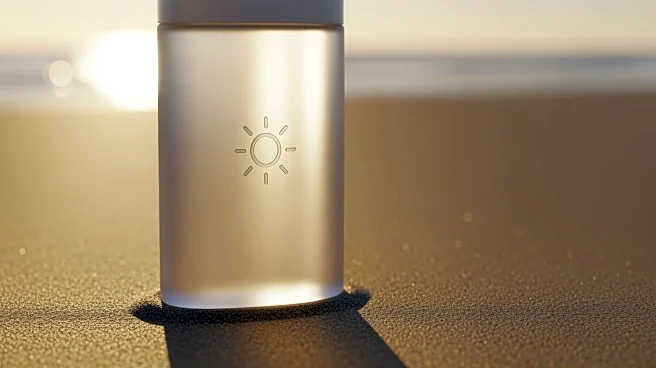What's Happening?
Recent rulings by two California federal district courts have determined that the Federal Trade Commission's (FTC) 'Made in USA' standard does not conflict with California's safe harbor provisions under Section 17533.7. The FTC requires products labeled as 'Made in USA' to be 'all or virtually all' made in the United States, while California allows for foreign inputs up to 5-10% of a product's wholesale value. Despite the courts' decisions, there remains uncertainty about whether the FTC agrees with California's interpretation, posing a risk for marketers who rely on California's safe harbors.
Why It's Important?
The inconsistency between the FTC's and California's standards presents a significant challenge for marketers, potentially leading to legal disputes and enforcement actions. This situation highlights the complexities of navigating consumer protection laws across different jurisdictions. Marketers must carefully assess the risk of FTC enforcement when making 'Made in USA' claims, as the FTC's standard considers not only the cost but also the importance of foreign content to a product's function. The rulings underscore the need for clarity and alignment between federal and state regulations to protect consumers and businesses.
What's Next?
Marketers should remain cautious and evaluate the potential for FTC enforcement before making unqualified 'Made in USA' claims. The legal landscape may evolve as more cases challenge the interplay between federal and state standards. Businesses may need to advocate for clearer guidelines and work with policymakers to ensure consistent consumer protection goals. The ongoing legal discourse could lead to adjustments in how 'Made in USA' claims are regulated, impacting marketing strategies and consumer perceptions.










